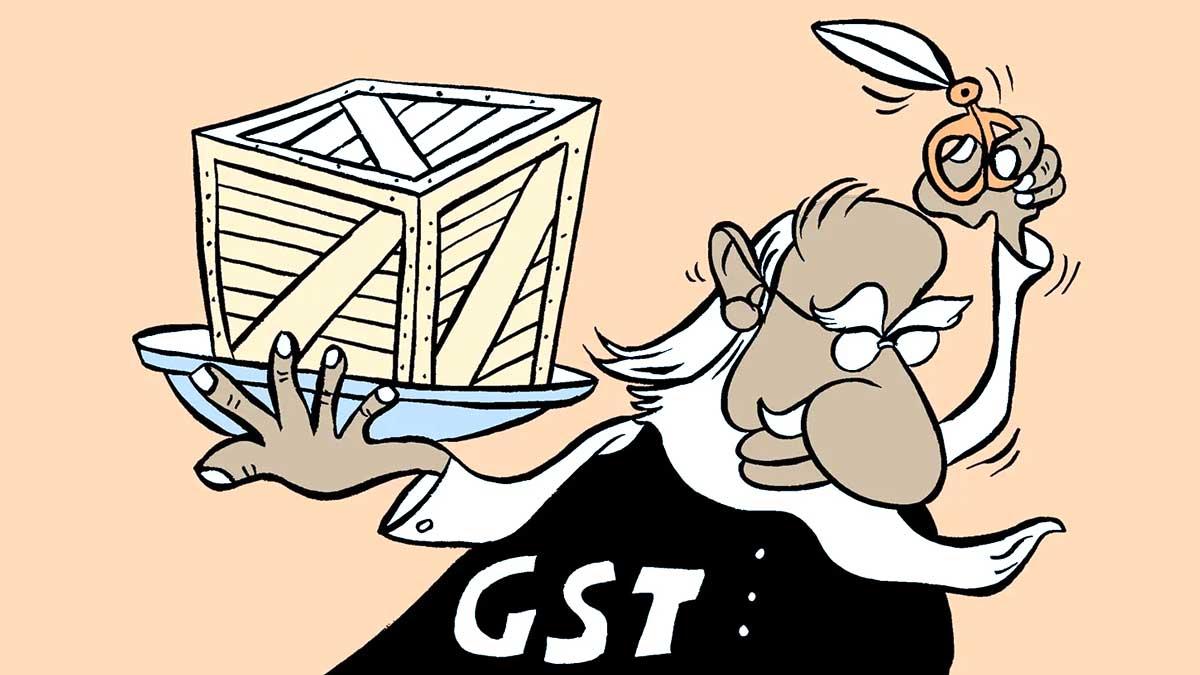The revised guidelines are aimed at curbing discretionary practices by field officers, especially the tendency to seek documents not mandated under the law.

The Central Board of Indirect Taxes and Customs (CBIC) issued a comprehensive set of instructions on Friday, April 18, 2025, to streamline the goods and services tax (GST) registration process amid growing concerns among businesses about arbitrary delays and procedural hurdles.
The revised guidelines are aimed at curbing discretionary practices by field officers, especially the tendency to seek documents not mandated under the law.
This follows complaints from taxpayers about harassment and inconsistency in the registration process across jurisdictions.
The Board stated that officers should rely only on the indicative list of documents specified in Form GST REG-01.
It observed that applicants were often being asked to furnish extraneous documents such as the landlord’s permanent account number (PAN), Aadhaar, or even their photographs inside business premises.
‘Any one document uploaded on the portal will be sufficient and no additional document should be requested, according to the Board’s instruction.
In cases where premises are rented, the applicant needs to upload a valid rent or lease agreement along with any one supporting document — such as the latest property tax receipt, electricity bill, or municipal khata copy — to establish ownership of the premises by the lessor.
The CBIC also directed officers to not raise presumptive or irrelevant queries.
It noted that in some cases, officers were questioning why the applicant’s residential address is not in the same city or state as the proposed place of business or raising objections over the type of goods or services being offered from a specific location.
‘Officers…should not ask any presumptive query which is not related to the documents or information submitted by the applicant,’ according to the revised guidelines.
To ensure timely processing, the CBIC stipulated that GST registration must be granted within seven working days if the application is complete and not flagged as risky.
Applications falling under the risky category — such as those without Aadhaar authentication or flagged by backend data analysis — must be processed within 30 days following a physical inspection of the premises.
Officers are expected to upload physical verification reports, including GPS-enabled photographs at least five days before the 30-day limit.
The Board emphasised that no registration should be granted on a deemed basis due to officer inaction.
Any demand for documents beyond those prescribed will now require prior approval from a deputy or assistant commissioner.
Officers have been instructed to not raise queries on minor deficiencies unless they are crucial to establishing proof of business or ownership.
Speaking on the impact of these reforms, Rajat Mohan, senior partner, AMRG & Associates, said: “By explicitly disallowing officers from demanding documents beyond the prescribed list or raising presumptive and irrelevant queries, the instruction curbs administrative overreach.
“The inclusion of clear timelines for approval, a structured framework for physical verification, and the acceptance of alternative documents like consent letters and utility bills are among the key reforms that will directly benefit taxpayers.
“These changes will notably reduce registration delays, eliminate avoidable rejections, and ensure fair treatment of applicants — particularly for businesses operating from shared or rented premises, startups, and proprietorships.”
Senior tax officials have been directed to closely monitor the processing of registration applications, ensure adequate staffing, and take disciplinary action against officers deviating from the new guidelines. Trade notices may also be issued locally to clarify acceptable documentation under state-specific laws.
FINE PRINT
- Only one ownership proof document is needed with a rent or lease agreement
- Officers cannot raise presumptive or irrelevant queries unrelated to submitted documents
- Complete applications (not flagged as risky) must be cleared within 7 working days
- Risky applications require physical verification and must be cleared within 30 days
- GPS-enabled photos to be uploaded at least 5 days before 30-day deadline
- Any extra document demand needs prior approval from a deputy or assistant commissioner
Feature Presentation: Ashish Narsale/Rediff.com




